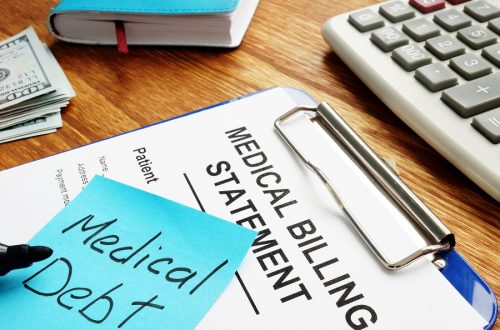For consumers with less than average or poor credit, it is often difficult to obtain the necessities that can give us a comfortable living. For those with bad credit, it may be difficult to see what you might be doing wrong. Researchers have discovered that there are certain habits that consumers with lower credit scores tend to practice.
Below are some habits you should stop immediately:
1. Making Late Payments.
Payment history is one of the most important factors when determining one’s credit score. Late payments or missing payments will generate a severely negative impact on your credit score. Most lenders utilize the FICO credit score when they are assessing your risk as a potential borrower.
If you regularly fail to make payments on time, this can have a bad effect on your credit score; lowering it substantially. This can also stop you from being approved for certain lines of credit like an auto loan, mortgage loan, personal loan, or credit cards. Making payments on time is crucial to improving your credit. Missing even one payment can spiral out of control quickly, as late fees and interest charges accumulate. It can take up to seven years to remove defaults or delinquent payments (30 days or more past due) on your credit report.
2. Maxing out Your Card.
You should never max your your card. If you use credit to pay for things you are unable to afford, this is a bad habit that will ruin your credit score. Lenders will view you as a consumer with financial struggles and they will most likely decline your application for further credit.
This will also negatively affect your credit utilization ratio. Consumers with poor credit typically use more than 30% of their available credit, which is a bad habit to take on. By maxing out your credit cards, the utilization teeters near 100%, which will have a significantly negative impact on your credit score.
3. Applying for too much Credit.
Many consumers make the common mistake of applying for multiple lines of credit or credit cards. Each time you apply for a line of credit, a hard inquiry will reflect in your credit report. A hard credit inquiry is a negative mark against your credit, and it remains on your credit report for up to two years.
Credit inquiries do not carry a detrimental impact on credit scores, but applying for multiple credit cards or loans will notify lenders that you may have financial trouble. Before you apply for a new line of credit, first research your chances of being approved.
4. Not Utilizing Your Credit.
Having no credit is truly seen as worse than having bad credit. One cannot improve their credit if they do not have it. This may seem hard to believe but you are far less likely to obtain a lender if you have no credit to show for. The upside is that there are credit cards available to those with all credit types—even with no credit. They may require a deposit to get started but this will help you build the credit you need for the future.
If you are in a financial crisis and are considering filing bankruptcy, contact an experienced Miami bankruptcy attorney who can advise you of all of your options. As an experienced CPA as well as a proven bankruptcy lawyer, Timothy Kingcade knows how to help clients take full advantage of the bankruptcy laws to protect their assets and get successful results. Since 1996 Kingcade & Garcia, P.A. has been helping people from all walks of life build a better tomorrow. Our attorneys’ help thousands of people every year take advantage of their rights under bankruptcy protection to restart, rebuild and recover. The day you hire our firm, we will contact your creditors to stop the harassment. You can also find useful consumer information on the Kingcade & Garcia website at www.miamibankruptcy.com.
Source:
http://www.huffingtonpost.com/comparecards/4-habits-of-consumers-wit_b_7613690.html

